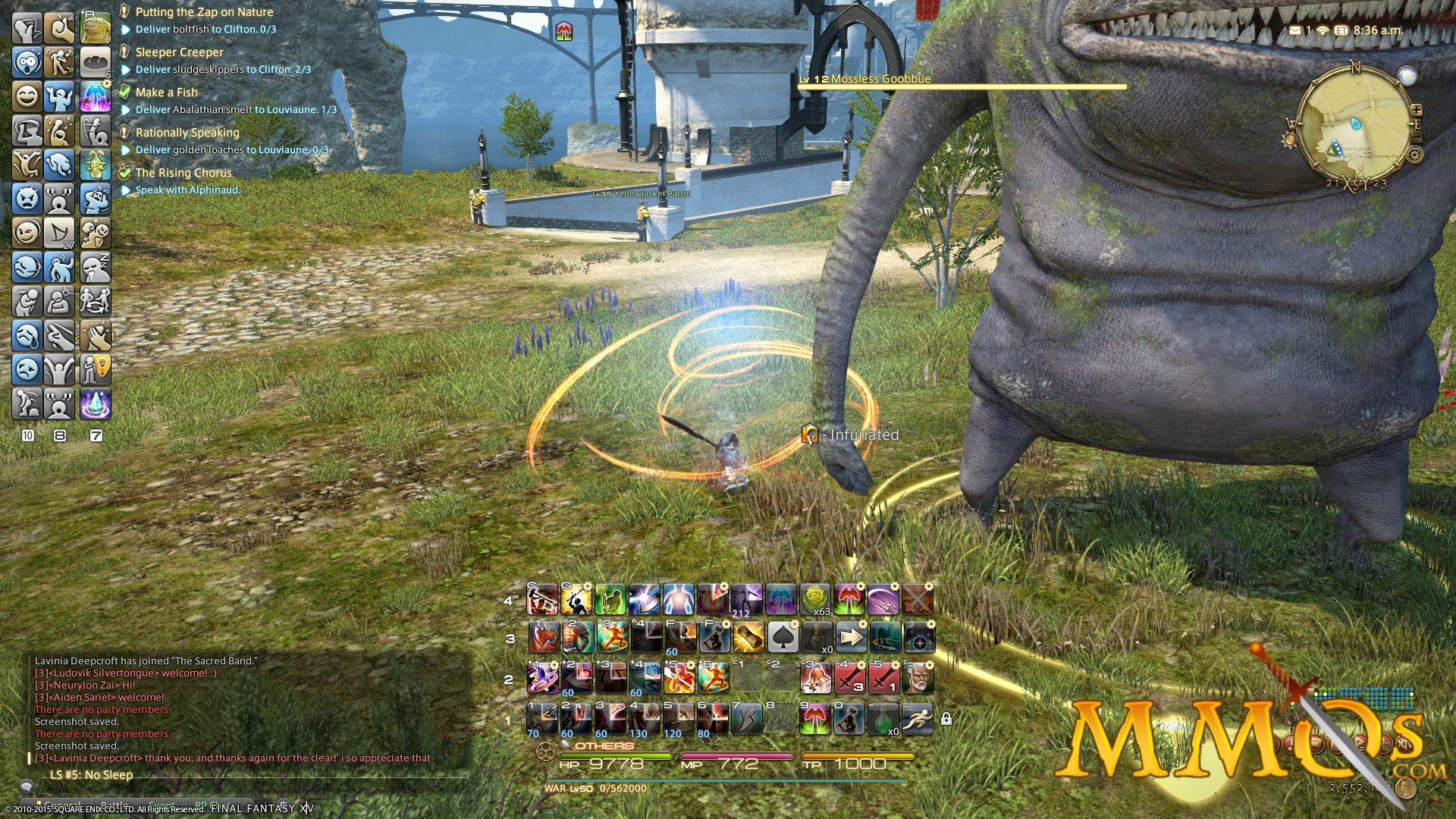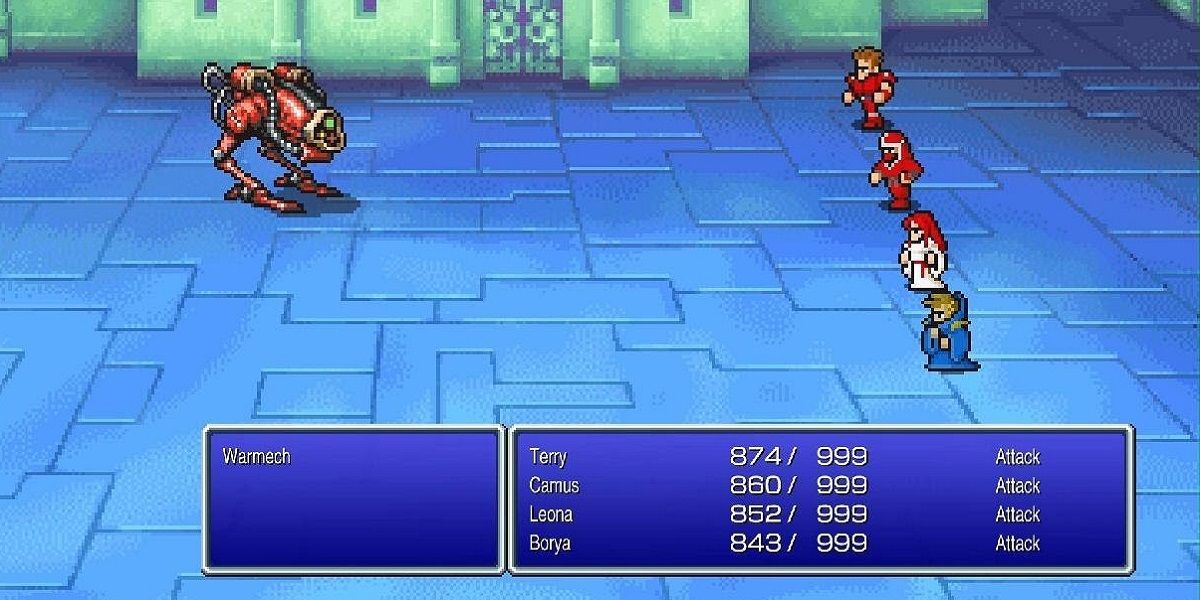
Plus, the game features plenty of side content for gamers who want a break from the main story, as well as some of the most iconic set pieces in Final Fantasy history. While Final Fantasy VI keeps the battle system from older titles largely intact, it also introduced ideas like a Desperation Attack mechanic that lets characters unleash super-powerful moves if their health drops to a dangerously low point.

In many ways, Final Fantasy VI is a culmination of every prior Final Fantasy game. That sudden narrative heel turn (fueled by the franchise’s best antagonist) breathes new life into the game and sets up an incredible second-half adventure. Soon, though, the game upends every expectation by prominently featuring a plot twist that sees the villain win.

At first, the story comes across as a somewhat generic “rebels fighting an evil empire” tale, albeit one brought to life by multifaceted and memorable characters. Essentially, Final Fantasy VI was the swan song for FF and Nintendo’s relationship, and it shows.įinal Fantasy VI features one of the best narratives in a franchise known for its incredible stories. Final Fantasy VI was essentially the franchise’s final entry designed exclusively for Nintendo platforms, not counting re-releases, ports, or spin-offs.
#Final fantasy games series
Why You Should Play Final Fantasy VI Firstīefore Final Fantasy VII, the FF series made its home on Nintendo’s consoles.

While subsequent Final Fantasy games would expand on the ideas and mechanics introduced in Final Fantasy IV, the game still laid the groundwork for much of what makes the franchise so special. Plus, Final Fantasy IV lets players control up to five characters at a time, which makes building a party less stressful than other Final Fantasy games. That mechanic forced players to pick character actions on the fly while enemies are still attacking, which encouraged quick thinking on top of planning ahead. While previous entries were purely turn-based and simply allowed players to pick their moves each round, FF IV introduced the then-revolutionary “Active Time Battle” system (ATB). Gameplay-wise, of the major selling points of Final Fantasy IV is its combat system. The story and characters are designed to keep players going and leave them eager to see what happens next. While the game lets players amass an ever-growing band of characters, it also often forces gamers to make do with what they have, since allies come and go as the story progresses.
#Final fantasy games full
The narrative tells a gripping story full of memorable characters, betrayals, and surprise reveals that set the bar for the rest of the franchise.
:no_upscale()/cdn.vox-cdn.com/uploads/chorus_image/image/58031037/Amano_gallery_16.0.jpg)
While the debate will surely rage on regarding what the ideal first Final Fantasy experience is, those who want to finally try that fabled RPG franchise for themselves may be best off starting with one of the following incredible games.įinal Fantasy IV is the first entry in the franchise to solidify many signature aspects of the series. Is it best to start with the first Final Fantasy game, the latest Final Fantasy game, the “best” Final Fantasy game, or the “easiest” Final Fantasy game? It can all get a little confusing. While that approach has resulted in an RPG franchise that is never afraid to be different, it has also resulted in some complicated questions about how outsiders should approach the series. It’s the series that cemented many JRPG ideas (and even saved SquareSoft from bankruptcy), but it’s also a franchise that regularly reinvents the wheel with every new entry in terms of its gameplay, story, setting, and characters. Then again, the Final Fantasy franchise has always prided itself on being a bit different.Īnyone who has even cursory knowledge of video games has probably heard of Final Fantasy. When it comes to the Final Fantasy franchise, though, that discussion has always been a little…different. There might be some debate about the best game in that particular franchise, but there’s usually something closer to a consensus regarding a reasonable jumping-off-point (especially in narrative-driven franchises). When it comes to most video game franchises, it’s really not hard to know which game you should play first.


 0 kommentar(er)
0 kommentar(er)
